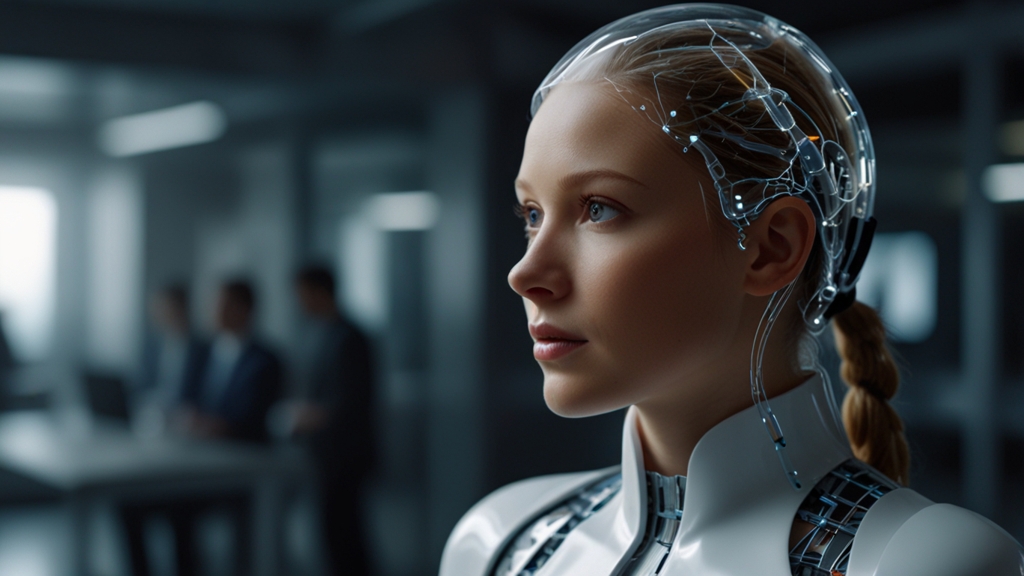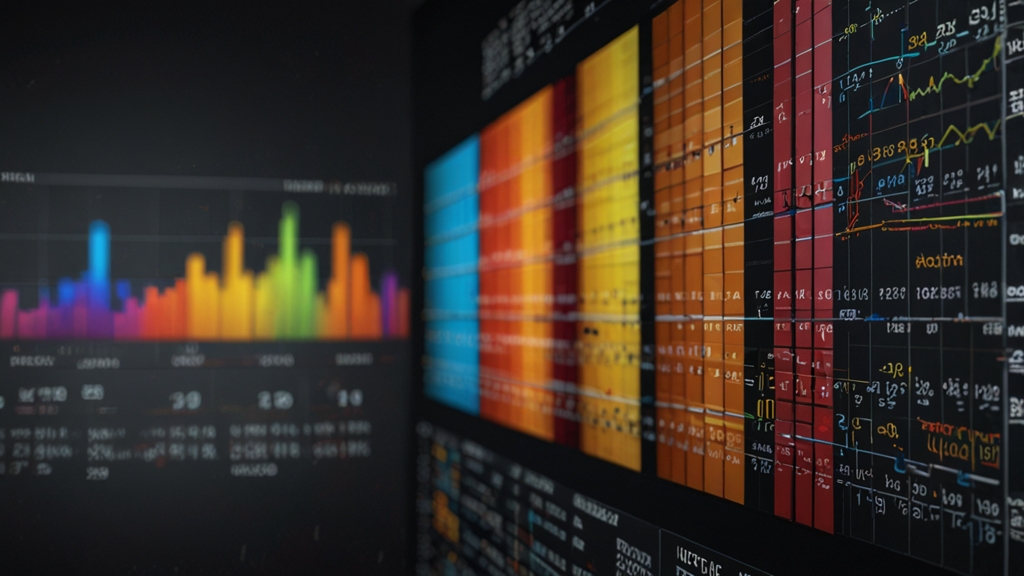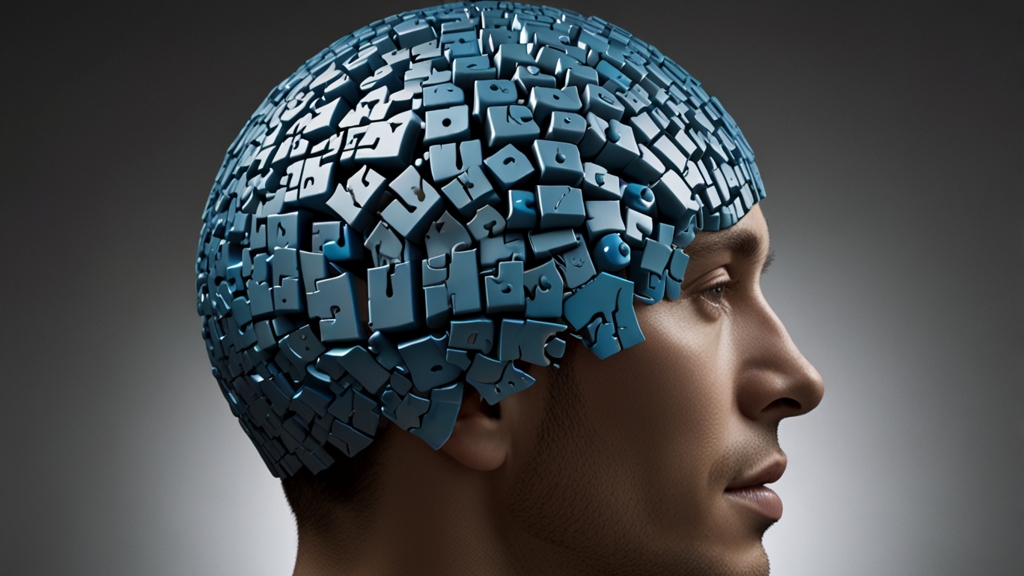AI and the Future of Work: Adapting to a New Era
The rapid advancement of artificial intelligence (AI) is transforming various industries and reshaping the future of work. As we stand on the cusp of this new era, it's essential to understand how AI will influence job markets, what skills will be in demand, and how individuals and organizations can adapt to these changes. This article delves into the multifaceted impacts of AI on the workplace and provides insights into navigating this evolving landscape.
The Impact of AI on Jobs
AI is revolutionizing the way we work by automating routine tasks, enhancing decision-making processes, and enabling the creation of innovative solutions. Industries such as manufacturing, healthcare, finance, and customer service are already witnessing significant transformations driven by AI technologies.
The World Economic Forum predicts that by 2025, AI will create 12 million more jobs than it displaces, highlighting the net positive effect of this technology.
Despite the positive outlook, there is an understandable concern about job displacement. Many roles that involve repetitive and predictable tasks are at risk of being automated. However, it's important to note that AI also generates new opportunities by creating jobs that did not exist a decade ago, such as AI ethicists, data scientists, and human-AI interaction designers.
Skills in Demand
As AI continues to evolve, so will the skills required in the workforce. Traditional skill sets may no longer suffice, emphasizing the need for both technical and soft skills.
Technical Skills
Technical proficiency in areas such as machine learning, data analysis, and programming is becoming increasingly crucial. Understanding the intricacies of AI systems and having the ability to work with large datasets will be valuable assets for any professional. Additionally, interdisciplinary knowledge that bridges AI with fields like neuroscience, psychology, and ethics can set individuals apart in the job market.
Soft Skills
While technical skills are essential, soft skills such as creativity, critical thinking, emotional intelligence, and adaptability are equally important. AI may handle data processing and analysis, but human creativity and emotional understanding remain irreplaceable. Professionals who excel in these areas will be better equipped to work alongside AI and leverage its strengths.
"As AI becomes more integrated into the workplace, the ability to collaborate effectively with these systems will be a key differentiator," says Jane Smith, a leading AI researcher.
Adapting to Change
Organizations and individuals must proactively adapt to the changes brought about by AI. Here are some strategies for staying ahead of the curve:
Continuous Learning and Development
Lifelong learning is crucial in an AI-driven world. Investing in education and training programs that keep pace with technological advancements will help individuals stay relevant. Online courses, workshops, and certifications in AI-related fields can provide valuable knowledge and skills.
Embracing Flexibility
The future of work will likely involve more fluid and dynamic job roles. Being open to change and willing to pivot when necessary will be vital. Organizations should also foster a culture of innovation where employees feel empowered to experiment and take risks.
Creating Ethical Guidelines
As AI systems become more prevalent, ethical considerations must be at the forefront of development and deployment. Establishing guidelines that address issues such as bias, transparency, and accountability is essential. Organizations should prioritize building trust with their employees and customers by demonstrating a commitment to ethical AI practices.
"The ethical use of AI is paramount. We must ensure that these technologies are developed and implemented responsibly to benefit society as a whole," states Dr. John Doe, an AI ethics expert.
Conclusion
AI is undoubtedly altering the future of work, presenting both challenges and opportunities. By embracing continuous learning, focusing on both technical and soft skills, and promoting ethical practices, individuals and organizations can successfully navigate this new era. As we move forward, it's essential to balance the benefits of AI with thoughtful consideration of its implications to create a future where technology and humanity coexist harmoniously.











